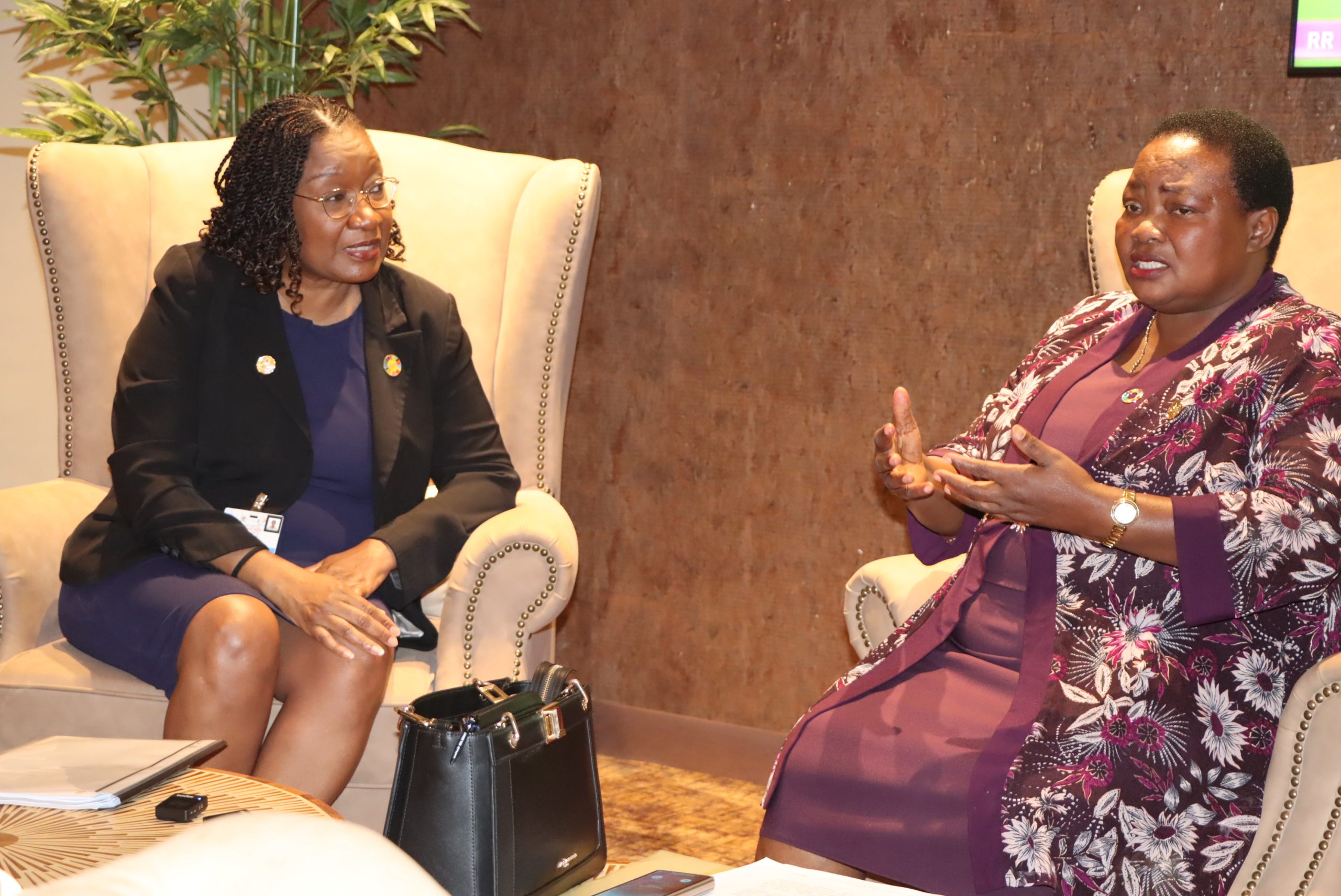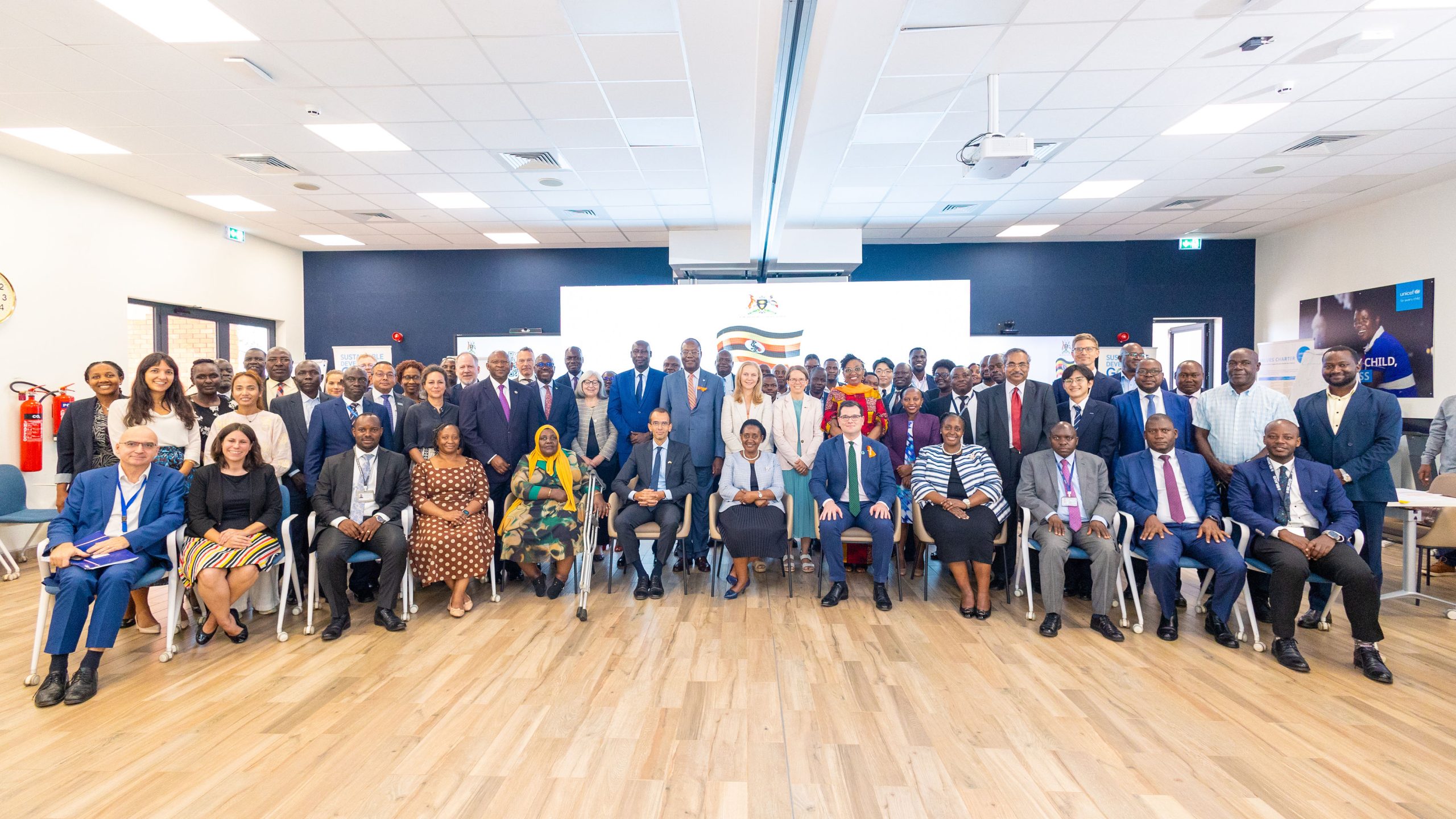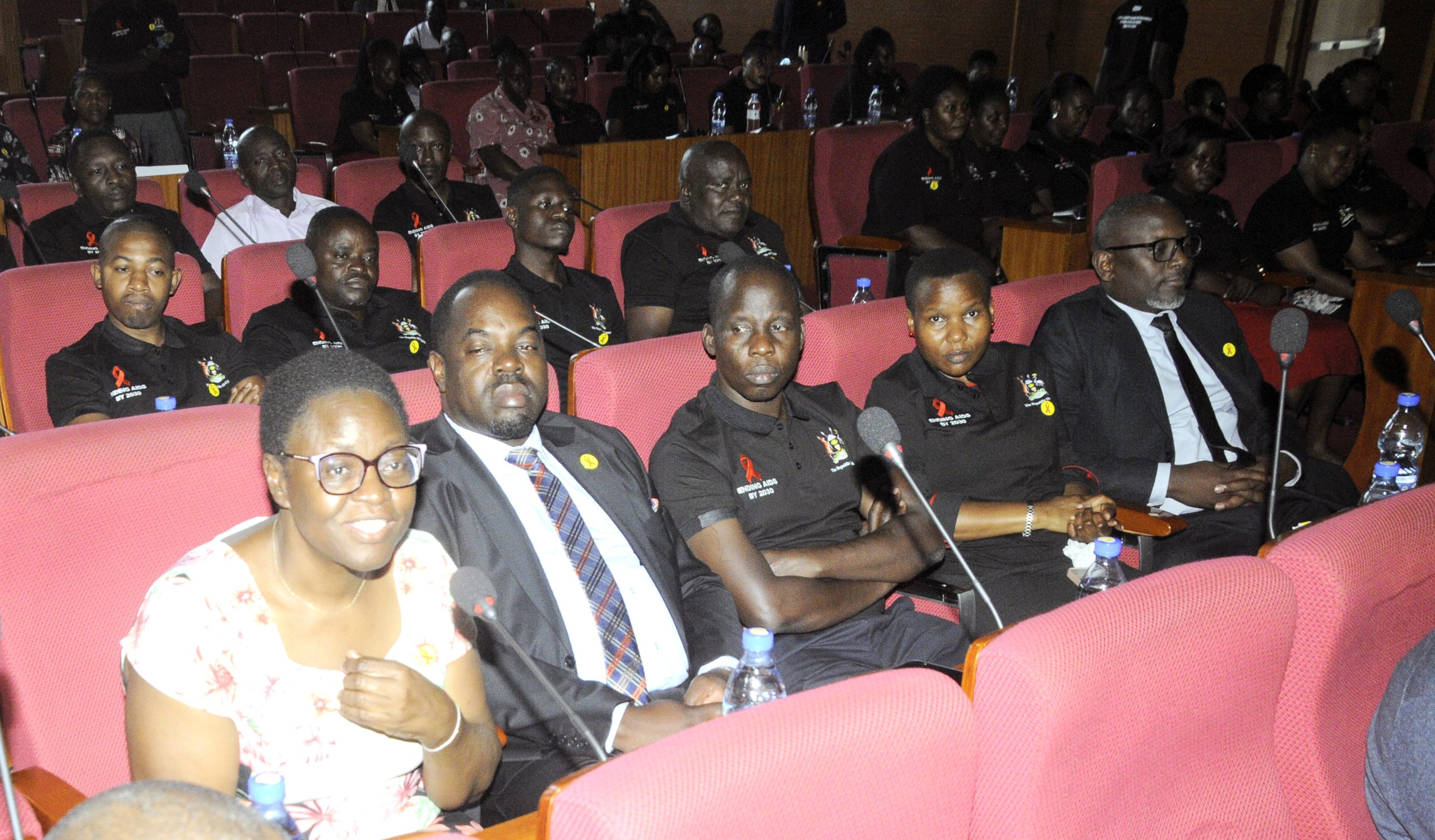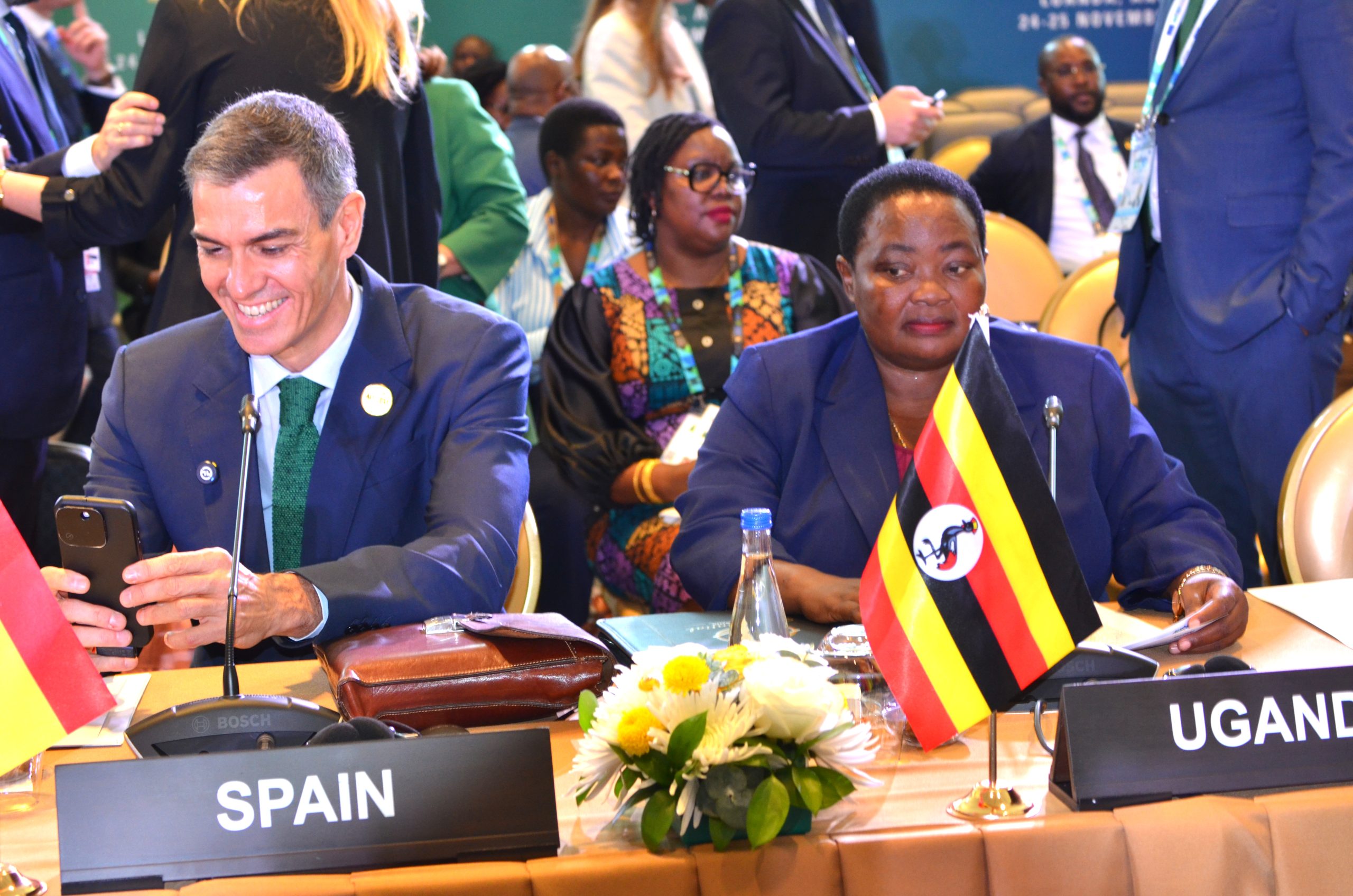By: Ismael Kasooha
KAMPALA
The Prime Minister Rt. Hon. Nabbanja Robinah has met Ms. Lydia Zigoma, the Regional Director for the United Nations Population fund (UNFPA), East and southern Africa at the sidelines of the ongoing 11th Session of the Africa Regional Forum on Sustainable Development (ARFSD) at the Speke Resort Convention Centre in Munyonyo, Kampala.
The Premier and her guest discussed a wide range of issues including addressing the challenge of teenage pregnancies, the dwindling support to the refugees at a time when the number of Refugees has gone up to over 1.9m people and ways of strengthening partnership and the Parish Development Model.

Rt. Hon. Robinah Nabbanja (centre) the Prime Minister of the Republic of Uganda together with the UNFPA Regional Director (2nd left), the Minister for Relief, Disaster Preparedness and Refugees Hon. Eng. Hilary Onek (extreme right) and other officials in a group photo
“On behalf of the NRM government led by Gen Yoweri Kaguta Museveni, the President of the Republic of Uganda, I express our sincere appreciation for the long-standing and impactful partnership we enjoy with UNFPA. UNFPA’s work in promoting Sexual and Reproductive Health and Rights, addressing Gender-Based Violence and harmful practices, and strengthening data and population dynamics is directly aligned with Uganda’s development priorities. Your contributions continue to empower our communities and inform evidence-based planning and policy,” Nabbanja noted.
The Premier commended UNFPA’s leadership and collaboration in the successful implementation of Uganda’s first digital National Population and Housing Census concluded recently. “The granular data obtained—down to the village level—is already proving to be a critical asset in our planning processes and directly supports our Parish Development Model,” said Nabbanja.
She appealed for further support from UNFPA especially in the Parish Development Model (PDM) that is aimed at enrolling the 38% who are still outside the money economy.
“The Parish Development Model, our flagship strategy to transition 38% of our population into the monetary economy, relies on the strength of partnerships such as this one. We consider UNFPA’s investments in the health and wellbeing of our people—particularly women and young people—as fundamental to the success of this model,” she emphasized.
The Premier appreciated UNFPA’s role in enhancing access to quality maternal health and family planning services, and their work in preventing and responding to gender-based violence, including in refugee settings.
“These interventions are central to creating a safer, and more equitable Uganda. Your support in developing human resource capacity in the health sector is equally vital, as is your continued contribution to strengthening our national data systems, especially the Parish Management Information System,” she said.
However, Nabbanja said that the country remains concerned about the high rates of teenage pregnancy, where one in four girls is affected before age 19.
“This challenge not only threatens the future of our girls but perpetuates cycles of poverty. We welcome your continued partnership in addressing this urgent issue,” she explained.
Nabbanja said that there was a need for increased support towards the growing number of young people who are not in education, employment, or training.
“Government initiatives in this area, like PDM, require further catalytic funding to harness the full potential of our youth for economic transformation,” said Nabbanja.
Lydia Zigoma, the Regional Director for the United Nations Population Fund (UNFPA), East and Southern Africa lauded Uganda’s open door policy to refugees and promised to support the country in addressing the challenges it is facing in the process of hosting refugees.
The meeting was also attended by the Minister for Relief, Disaster Preparedness and Refugees, Eng. Hillary Onek.
Onek asked UNFPA to support Uganda in its quest of hosting Refugees because the country also has its development agenda to tackle.
He appealed to the other countries neighbouring Uganda to also have a shift in policy in regard to refugees so as to reduce the burden the country is facing.
End






